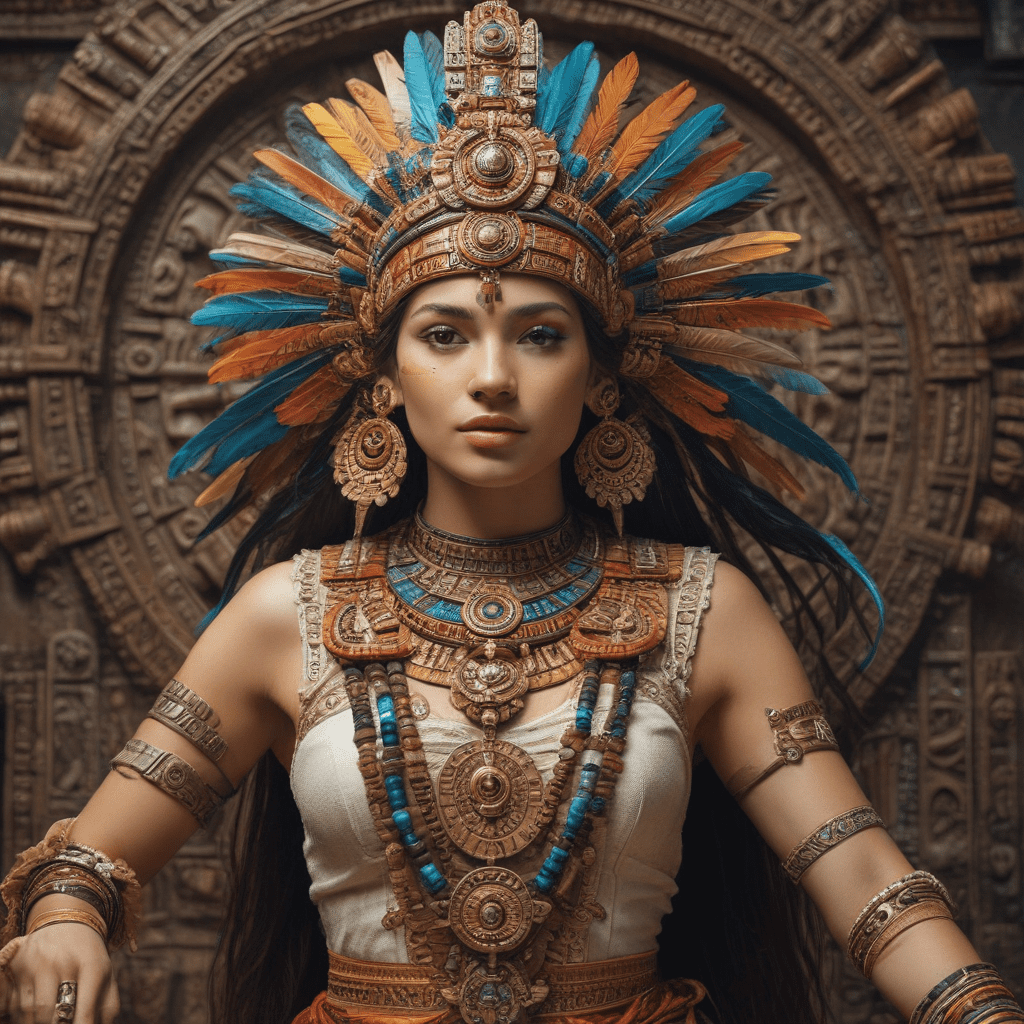Roman Mythology: Exploring the Concept of Change and Transformation
The Essence of Change in Roman Mythology
In Roman mythology, change and transformation are fundamental themes intricately woven into the fabric of the stories and beliefs of the ancient Romans. Change is represented by various deities, myths, and legends that embody the concept of continual evolution and shift.
Deities of Transformation in Roman Mythology
One prominent deity that symbolizes change in Roman mythology is Janus, the god of beginnings, transitions, and endings. Janus is often depicted with two faces, one looking to the past and the other to the future, signifying the dual nature of change.
Another significant figure is Proteus, the god of the sea who has the ability to change his shape at will. Proteus exemplifies the fluidity and adaptability associated with transformation in Roman belief.
Myths and Legends of Change and Metamorphosis
One famous myth that embodies the theme of transformation is the story of the goddess Diana and the hunter Actaeon. Diana, associated with the moon and the wilderness, transforms Actaeon into a stag as punishment for intruding on her privacy. This myth illustrates the power and consequences of change in Roman mythology.
Additionally, the tale of Daphne and Apollo showcases metamorphosis, with Daphne being transformed into a laurel tree to escape Apollo’s pursuit. This narrative highlights the motif of change as a means of protection and evasion in Roman myths.
Symbolism and Significance of Change in Roman Culture
The concept of change and transformation in Roman mythology not only served as a means of explaining the natural world but also reflected the Romans’ understanding of the human experience. Change was embraced as an inevitable and sometimes necessary aspect of life, symbolizing growth, adaptation, and renewal.
By examining the myths, deities, and legends associated with change in Roman mythology, we gain insight into the values and beliefs of this ancient civilization, highlighting their profound understanding of the dynamics of transformation.
Frequently Asked Questions about Roman Mythology: Exploring Change and Transformation
What is Roman Mythology?
Roman mythology refers to the beliefs and stories of the ancient Romans about their gods, goddesses, and heroes. These myths were used to explain the origins of the world, natural phenomena, and the lives of mortals. Roman mythology has a rich tapestry of tales exploring various themes, including change and transformation.
How does Roman Mythology explore the concept of Change and Transformation?
Roman mythology often depicts various gods and goddesses undergoing significant transformations or causing changes in the world. For example, the god Janus is associated with beginnings, endings, and transitions. The goddess Luna transforms into the moon each night, symbolizing the changing nature of the celestial bodies. These myths serve to illustrate the ever-evolving and transformative aspects of life.



